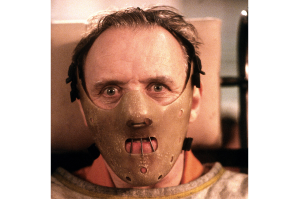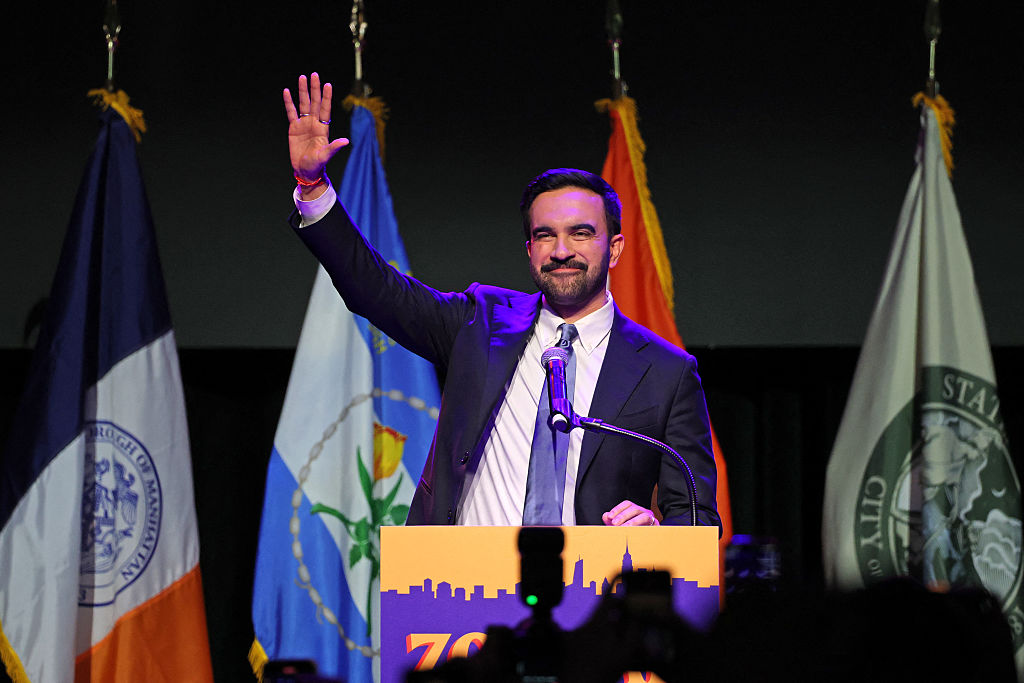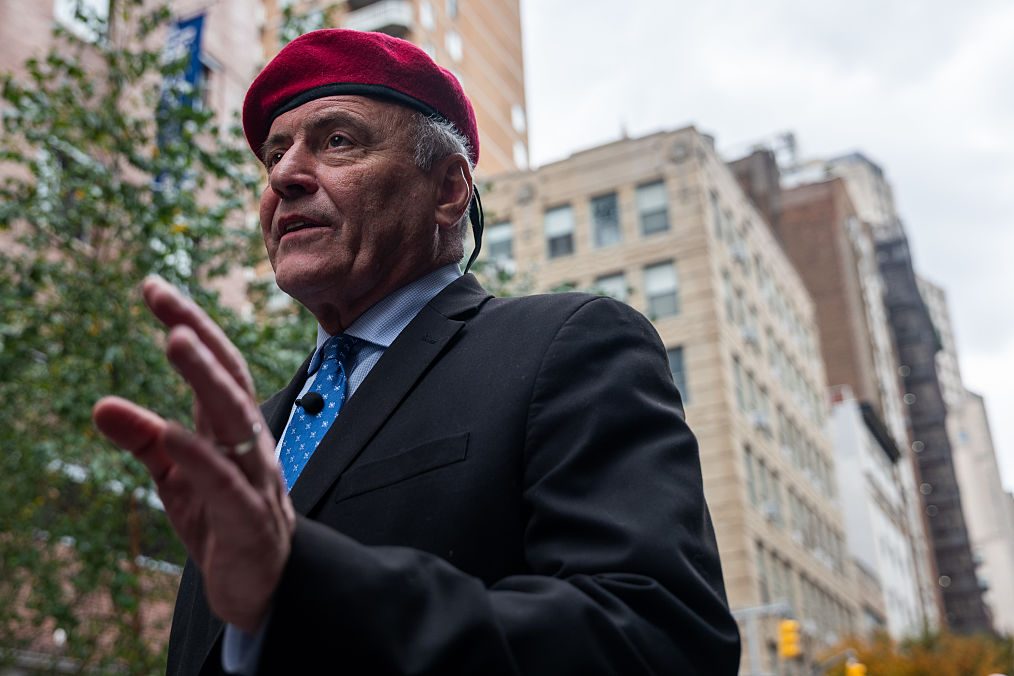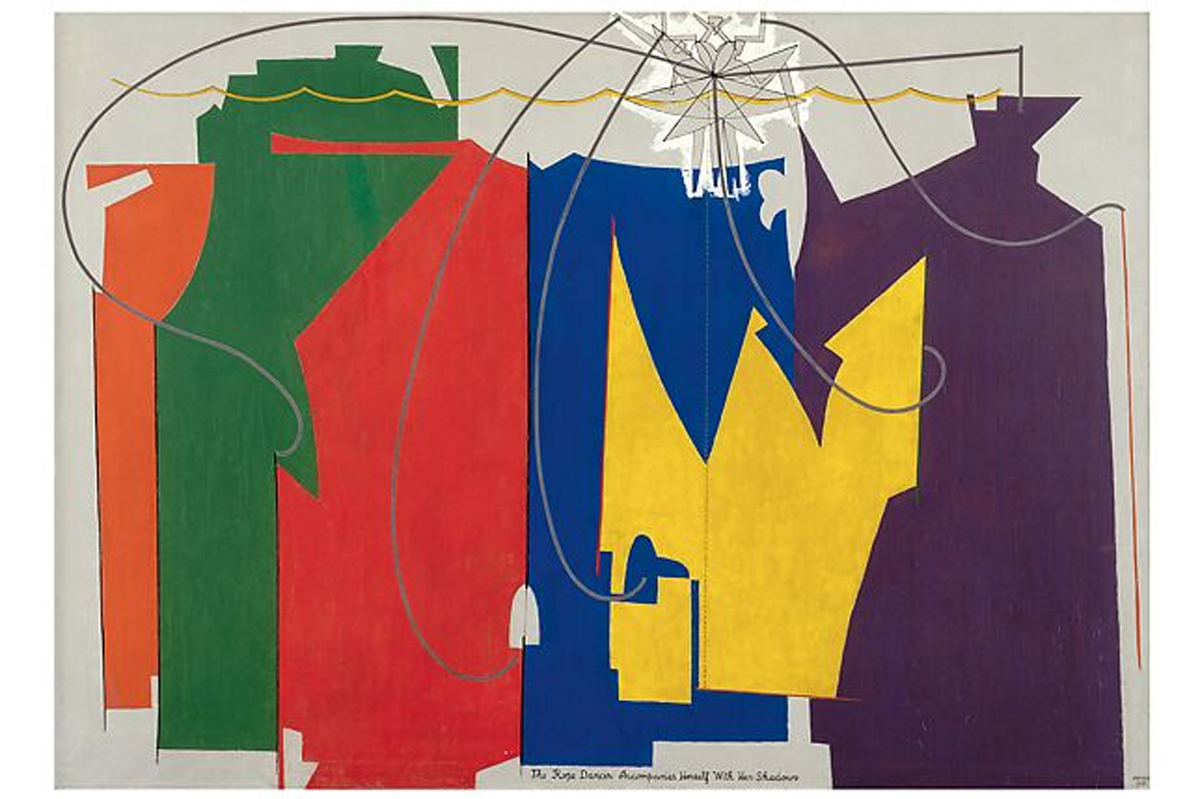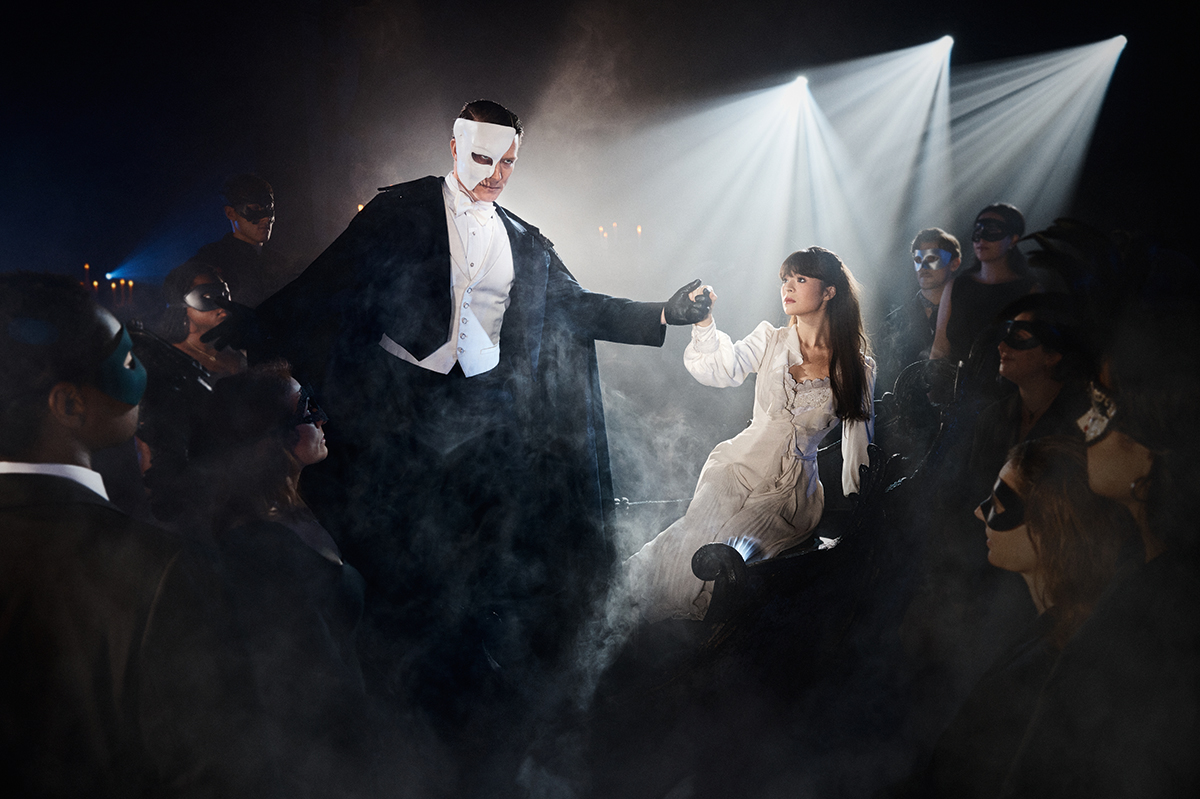Tensions ran high this week after Jordan Neely, a homeless street performer with a record of violence, was killed by Daniel Penney, a twenty-four-year-old Marine. Penney placed Neely in a chokehold on a New York City subway train. The usual suspects, such as Representatives Alexandria Ocasio-Cortez and Ayanna Pressley, swung into action, calling the incident “murder” and a “lynching” respectively. Conservative media was alive with dire warnings of potential violent protests in response to this death of a black man at the hands of a white man. But a funny thing happened on the way to the riots: they didn’t occur.
So what makes this situation so different from incidents of racially tinged violence in the recent past? For one thing, notwithstanding the one-note Squad and its acolytes who see abject racism in everything, cooler heads on the left prevailed. Mayor Eric Adams in the wake of the incident sounded downright reasonable, asking New Yorkers to wait for the facts. There is little doubt that his predecessor, self-described communist Bill de Blasio, would have been manning the barricades by now, explaining that Molotov cocktails are the language of the oppressed.
Much of the mainstream news media too seems to have learned a few lessons from its embarrassing embrace of outrage in cases like Jussie Smollett’s hoax assault and the supposedly racist Covington Catholic kids. This time around, even left-leaning legacy outlets like the New York Times and CNN took a much more careful approach. This is all for the good — but there is another reason why reactions to Neely’s death, in New York and across America, are causing more circumspection than calls for violent action.
Anyone who lives in a major city with a robust public transit system, especially Gotham, sees this viral video, hears the accounts of witnesses and can immediately recall, viscerally, being in a similar situation. A moving subway car, close quarters, an unhinged man threatening the peace if not literal violence. Frozen passengers trying to look without looking, avoiding eye contact with the disturbed individual, hoping that as usual they simply move along to the next car, that this isn’t the time for someone to get punched, or stabbed, or worse.
This situation, now sadly so commonplace in our once great cities, is not one that has easy right or wrong answers. Most of the time nothing happens. It’s jarring, it’s upsetting, but you move on with your day. Other times people get hurt, sometimes are killed. Nobody knows yet, and we may never know, the exact nature of the threat this Marine responded to. And even for those trained in law enforcement, let alone for those who aren’t, there is no surefire way to know when to intercede and when to just let it go.
This leads to the one thing that almost everyone outside of the Justice Democrats and their gaggle of socialists agree on: this event was far less likely to have happened in a well-policed subway system in a city with a criminal justice system that actually functions properly. Obviously a cop in the subway car would have changed the dynamic entirely, but it’s much more than that. Neely has more than forty arrests to his name, some violent; there’s been a felony warrant out on him since February. Here we have a troubled man who should not have been on the streets, let alone the subway.
Likewise, notwithstanding his skills as a dancer, there’s been a decade’s worth of complaints about Neely’s behavior. By all accounts his short life was a collection of tragedies, not least the murder of his mother.
It will now be up to Manhattan district attorney Alvin Bragg of Trump indictment fame to decide if the Marine will be charged and prosecuted. Conservatives have legitimate reason to fear that politics could influence the supposed lawman’s decision. But Bragg would be wise to remember that unlike AOC who prefers her electric car, most New Yorkers are on the subway quite a bit. They know this scene like the back of their hand, and it may not be easy to find twelve of them who would convict for the chokehold, let alone for the actions of two other men, one black, one white, who held Neely down.
Everyone on every side of the news media has an interest in stoking the flames of this story — if it bleeds it leads, as they say. But as we witness the relative calm in the days after the killing, there may be some reason for hope. Possibly a sense of responsibility is at least mitigating the media’s penchant for sensationalism. If this is truly the case, and if it can be kept going, that’s reason for real hope for those Americans who are looking for solutions and not just anger. Enough with the riots. Let’s work together and fix our broken cities.










